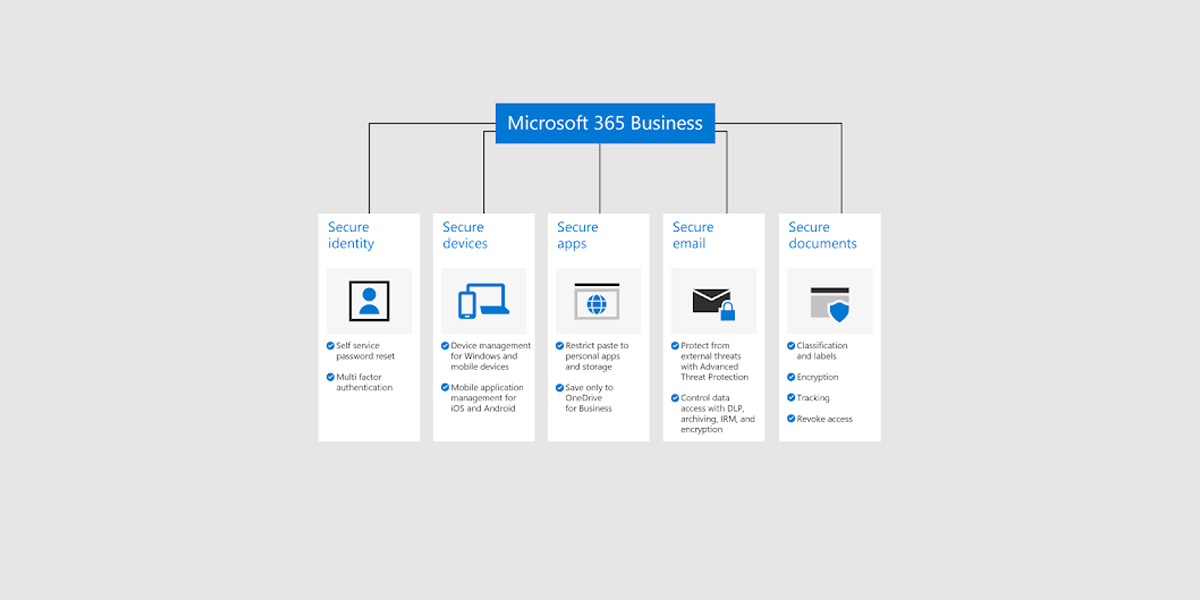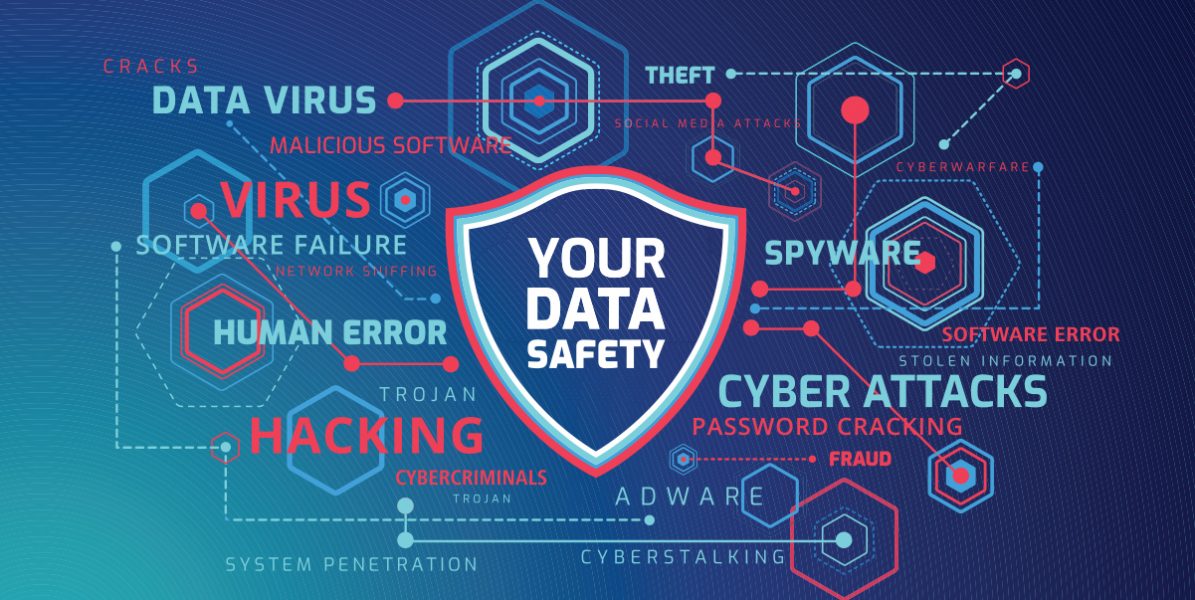At the end of a long working day or the close of a project, backing up your data can easily seem postpone-able.
However, regular backups of vital business data are an important tool for mitigating the impact on your business in the event of a disaster – whether due to a cybersecurity breach, human error, technology failure or mother nature herself.
Consider how badly your company would be damaged by the sudden loss of key files, confidential customer information, or other crucial data, documents and applications.
You need to be confident that you are adequately protected against the impact of the loss of critical data and resulting downtime on your productivity and reputation. Without reliable backups, the road to recovery can be long and expensive.
The Role of Backups in Disaster Recovery
Thankfully, the loss of business data is preventable. Data backups are an essential pillar of any effective business continuity or disaster recovery plan. They will help ensure a fast and effective return to business-as-usual operations.
The concept is simple — ‘backing up’ basically means making a copy of your data and storing it in a secure location. However, the reality of the processes involved can be more complex.
The great news is that as technology advances, backups are becoming easier and more secure. There are many backup solutions available, with approaches that can be adapted to meet the distinct requirements of your business.
What You Should Consider as Part of Your Data Backup Approach
Backups can be complex and there’s lots to consider when deciding on your approach, including:
- the acceptable length of time before you become fully operational again
- the amount of critical business data you are willing to lose
- how many years’ worth of data retention you realistically need
For many businesses, especially those with staff working from multiple sites, developing an effective and secure backup system can be even more complicated, time consuming and expensive.
Finding The Right Solution to Meet Your Business Needs
Due to the complexities involved, many businesses opt for a managed backup solution, usually maintained in partnership with a Managed Service Provider (MSP).
Understanding your needs will help your MSP determine the following for your business:
- Recovery Time Objective (RTO) i.e. the frequency of backups, which will determine how recent the recovered data will be
- Recovery Point Objective (RPO) i.e. the amount of downtime your business can tolerate
Partnering with an external expert will provide your business with the right system to enable your RTO and RPO to be achieved. Your MSP will help you to navigate critical choices between local hardware backups (stored off site as an extra precaution), online cloud services, and the multiple hybrid options that exist in-between.
Determining The Value of Your Business Data
Obviously, the decisions you make about how your backup solution looks will have an impact on its cost. This means you should also consider which data is worth greater investment for lower RTOs and RPOs. After all, not all data is equally critical to business-as-usual operations.
To avoid a nightmare scenario, MSPs like Secure Logic will help you find the right backup solution to guarantee your business data is properly protected, based on a thorough understanding of your distinct needs. This will bring peace of mind that if something goes wrong you can quickly, easily and affordably bounce back.




